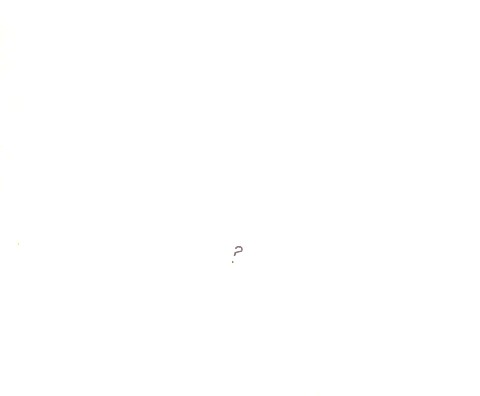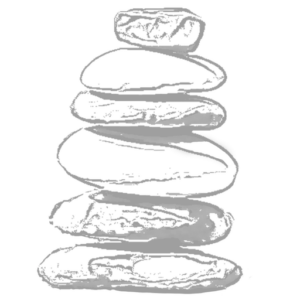I read once somewhere about how poetry is the only written form that pays as much attention to the white space on the page as the actual written words. The shape of the poem and how it interacts with the space around it. In architecture it’s called whitespace, empty space. The Flux Academy says,
“Although it’s called white space, it’s not always white. In essence, whitespace is just empty space, similar to the invisible air that surrounds us. It can take any color so long as it’s devoid of any visual elements, like shapes, text, or images”
In my life, the equivalent is empty blocks on my calendar. Times that are unscheduled, pretty much right up to the time they arrive so that I can decide in the moment what I want to do. And they have become so precious to me. So precious.

This is different, for me at least, to down time or free time. And has nothing to do with how busy I am during that time. I will often (not always) use my whitespace ‘productively’ – to write, to catch up with admin, to learn something new or write a blog, or a spontaneous meeting. The difference is that, a) I can decide how to use this time in the moment. Match what I do or don’t do, with my energy and needs. And b) that the decision is completely up to me. I have a sense of autonomy, which we know from David Rock’s research is one of the things our brains crave and having it sends rushes of dopamine, the feel good hormone through our brains.
I’m aware that I am still recovering from my previous role, where a lot of my work was in teams and collaboration. We had a system where you could put meetings on other people’s calendars. I can’t tell you how many days ended up with back-to-back meetings where I had, literally, no space to do anything else. Often from 6am until the end of the working day. And, as I look back, I realize that I had some ego and status caught up in that. An inner monologue that ran something along the lines of look at me, I’m so busy, I must being doing really important work and be really valuable and useful within this organization.
True. Not true.
I became more and more stressed and overwhelmed and started to create a story in my head that this was just the way it was and I had no choice if I wanted to be effective. I hear this also often from many of the leaders I now work with. Eventually, thanks to a remarkable coach I was working with, I started to challenge this assumption and to find hacks to work around it. The most simple being to create ‘fake meetings’ or blocks of time which couldn’t be scheduled over and where I then had space to do the other stuff. Or even just draw breath. And it helped. Somewhat. But it didn’t even feel like whitespace because it was there as a ‘scheduled time’
So, when I moved into working on my own, I made some ‘new role resolutions’ around keeping whitespace in my life. And watching my calendar differently. Noticing how much whitespace there is at the start of my week and then reflecting on how the week has felt to me. And whether it has felt full and nurturing or overcrowded. And then readjusting. Some weeks feel right(er) than others. And it’s a journey. And I would love to know what responses others have to these questions so do reach out if you are also exploring this yourselves.
How much unscheduled space do I have in my life? What is the story I am telling myself about why it is this way? Where do I have more autonomy than I think I have? Where might I experiment? What strategies are effective for me in my life to get to a balance that works for me?
There is also a turning towards the discomfort of it all – even looking at the ‘picture’ I created to accompany this blog I feel uncomfortable. I can’t have a picture that really has nothing in it right now. Or can I…?
